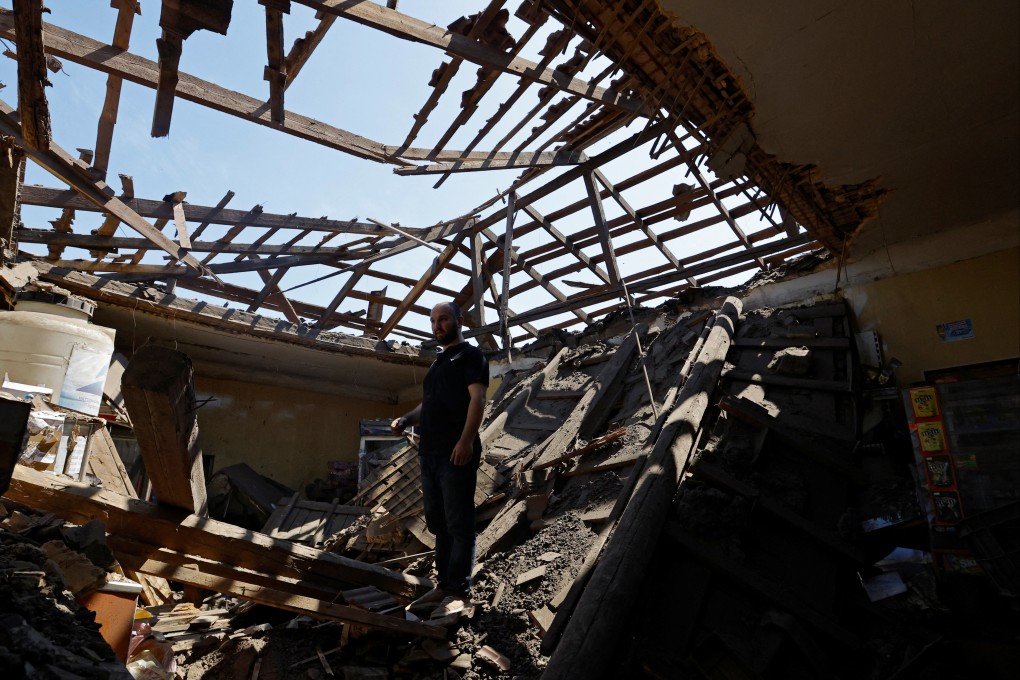Asia’s Russia-West balancing act on show with push for peace in Ukraine from Indonesia’s Prabowo
- Prabowo Subianto’s call for no blame for ‘on any side’ resonates with countries wary of Western imperialism and seeing Russia as an all-out bad guy
- Many Asian nations have refrained from picking sides in the war, preferring an ‘omnibalancing’ act that suits their national interests

Indonesian defence minister Prabowo Subianto’s peace plan for ending the war in Ukraine at the Shangri-La Dialogue last weekend triggered a backlash and was seized on by observers as a sign that countries in the Global South do not see eye to eye with the West’s “us versus them” or “good versus evil” narrative of the conflict.
Many Global South countries have avoided taking sides on the war, with some also abstaining from voting at the United Nations against Russian aggression. But the ensuing economic pain and global supply chain disruptions have prompted many of these countries to adopt a more nuanced – even quid pro quo – position on a conflict that they see as undermining their national and domestic interests.
“Let us not put blame on any side, there are always two versions to any conflict,” he said, stressing that a cessation of hostilities was essential.
The blowback was immediate and ferocious.
